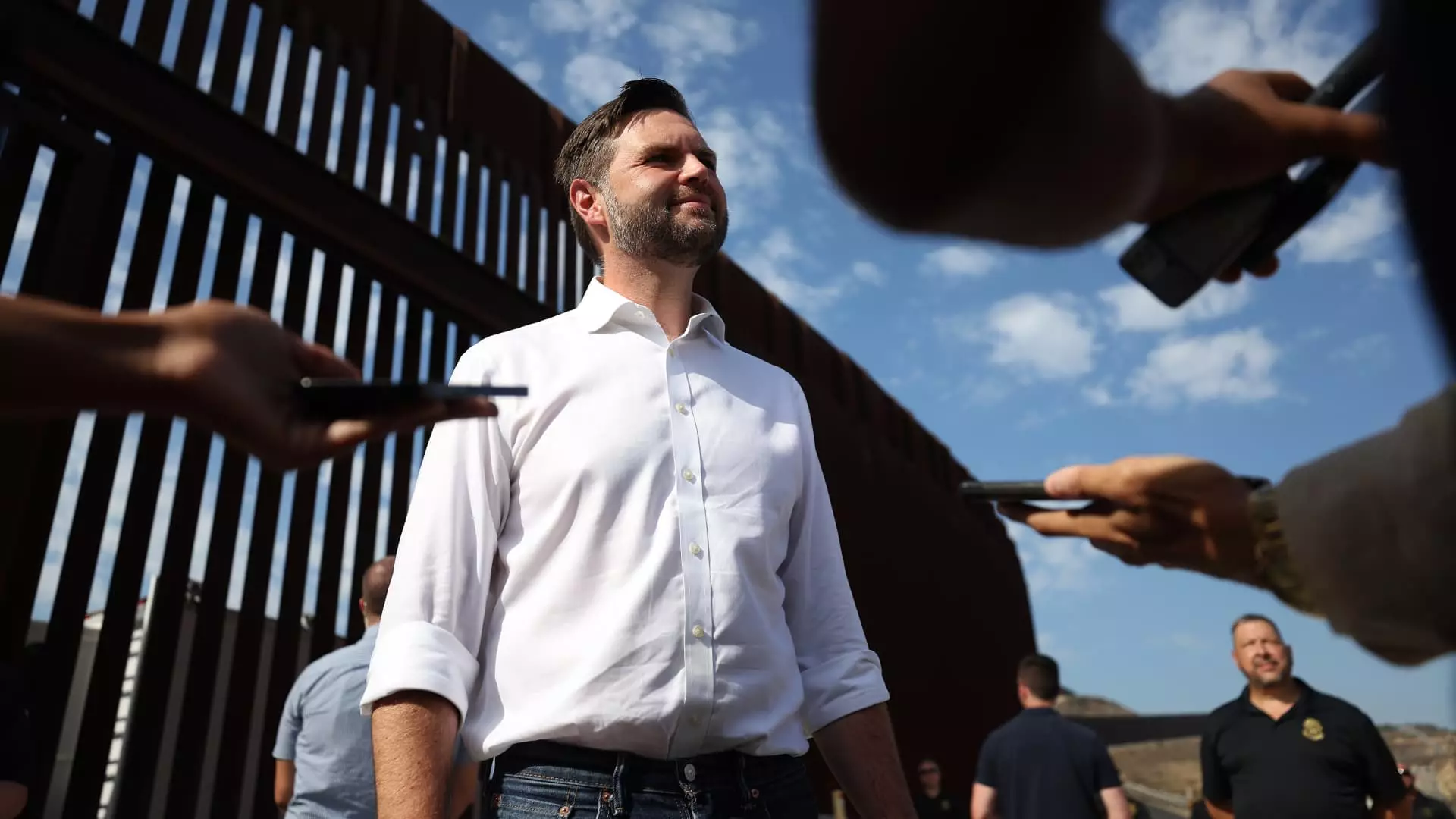Recently, a Republican vice presidential nominee, Sen. JD Vance of Ohio, shared a false conspiracy theory that Haitian immigrants were stealing and eating other people’s pets. This unsubstantiated claim not only caused unnecessary fear and panic but also perpetuated harmful stereotypes against immigrants.
A Biden administration official criticized Vance’s actions, calling them “dangerous” and highlighting the divisive and racist nature of spreading such misinformation. The official emphasized that elected officials should be held accountable for the consequences of their statements, especially when they have the potential to incite violence.
The police in Springfield, Ohio, where the alleged incidents were said to have taken place, came forward to refute the rumors. They stated that there was no credible evidence to support the claims of pet abduction and consumption by Haitian immigrants. This lack of evidence further underscores the irresponsibility of spreading baseless conspiracy theories.
The National Security Council spokesman, John Kirby, warned that disseminating false information can have serious consequences. He pointed out that there are people who will believe the misinformation, regardless of how absurd it may seem, and that this could lead to harmful actions being taken against innocent individuals.
Kirby stressed the importance of stopping the spread of disinformation and holding those who propagate it accountable. He highlighted the need for elected officials to act with integrity and refrain from engaging in fear-mongering tactics that only serve to divide communities.
Following the backlash, Sen. Vance issued a new tweet acknowledging that the rumors he shared may turn out to be false. However, the damage had already been done, and his initial statements had caused unnecessary distress and panic within the community.
The incident involving Sen. Vance serves as a stark reminder of the dangers of spreading false conspiracy theories. It highlights the need for responsible leadership and the importance of verifying information before sharing it with the public. In a time where misinformation can spread rapidly, it is crucial for individuals in positions of power to act with integrity and ensure that their words do not incite hatred or violence.


Leave a Reply